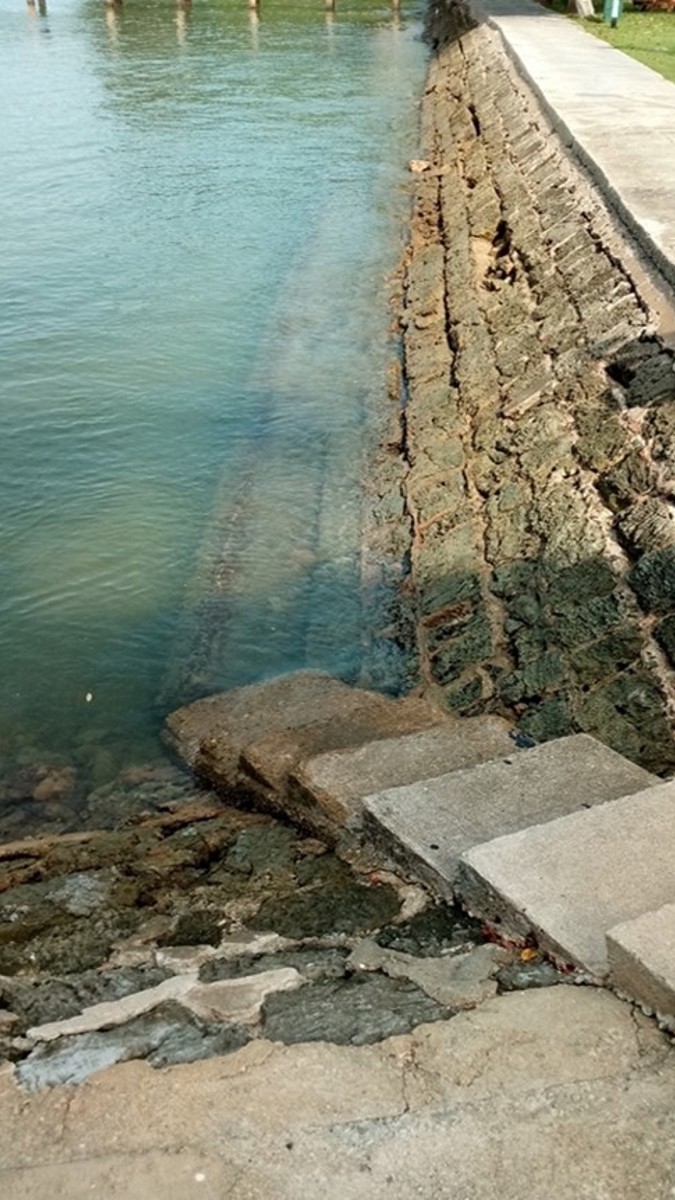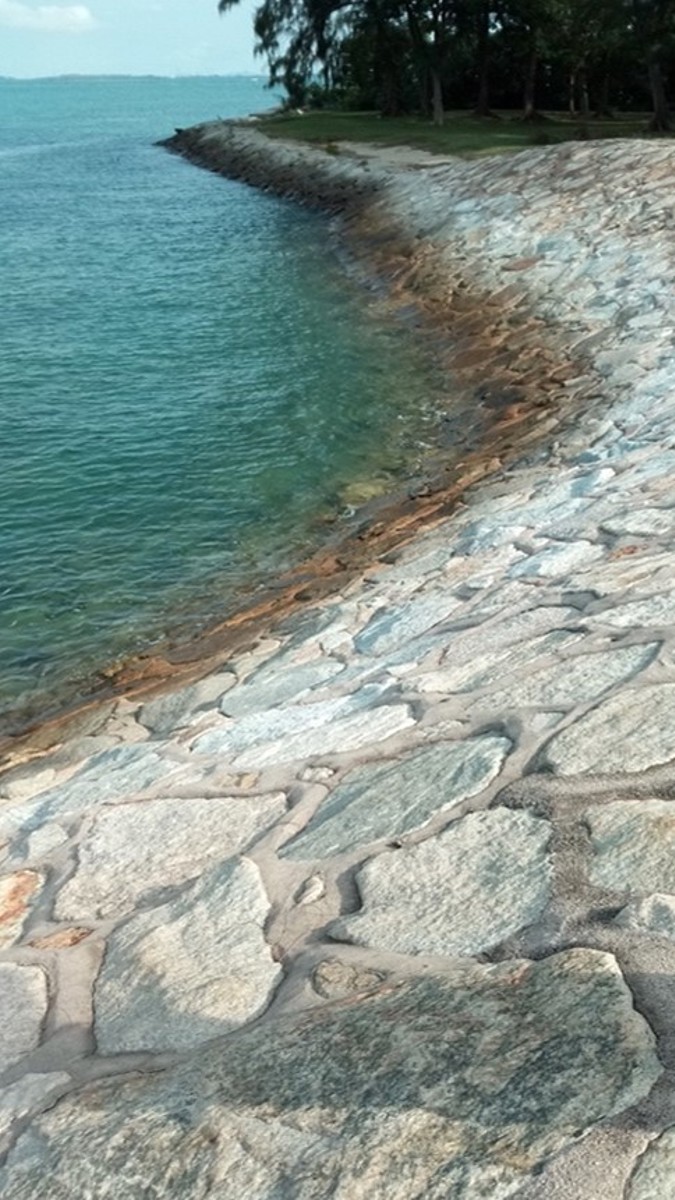By Dr Stephen Summers


Dr Stephen Summers
The ocean is a true wonder and it intrigues me both personally and professionally. To spend any amount of time surrounded by the waves, sights, and sounds of the oceans are all awe-inspiring. I would also like to say calming, but anyone who has experienced a storm while out on the water knows that tranquillity is fleeting.
Just as inspiring and far more interesting is the role that the oceans play in stabilizing our planet. Given that ocean biogeochemical cycling contributes to the air we breathe and the clouds we watch, it is professionally important to me to try and understand how it all works in such harmony.
What we as a species are doing to disrupt the harmony is just as important. To this end, I am currently working to protect the natural environment from our own man-made defences against climate change. An example would be seawalls used to defend against rising sea levels. A typical rocky shore is teeming with life and a hive of activity; yet when we make seawall defences, we use the same rocks that naturally occur – but we do not see the same abundance of life on these coastal structures. In fact, we see substantial change in the life of these coastal environments.


Stephen's research examines how see walls, such as the ones pictured above are impacting delicate coastal ecosystems.
Therefore, I am working with colleagues in Singapore and internationally to start investigating what controls life on man-made seawalls, and how we can ameliorate this environment to make it more ecologically valuable and less barren. These investigations will not stem the rising temperatures of the planet nor the rising seawaters, but they will help us maintain the natural environment to a degree while we make efforts to defend our cities and deteriorating coastlines from the consequences of a rising ocean.
